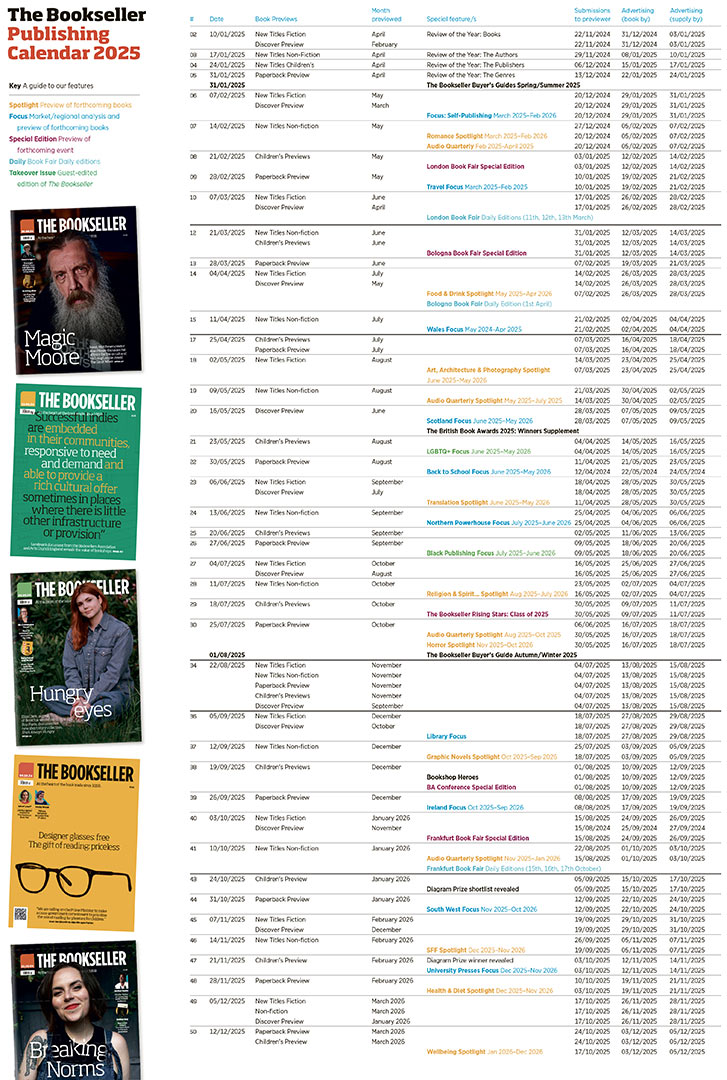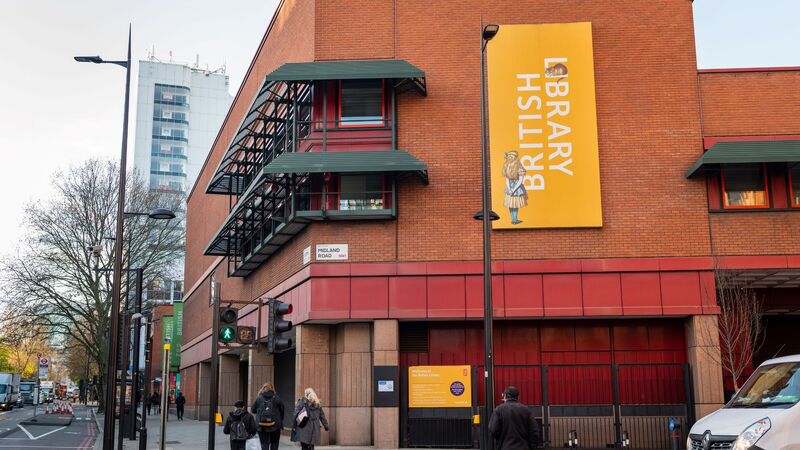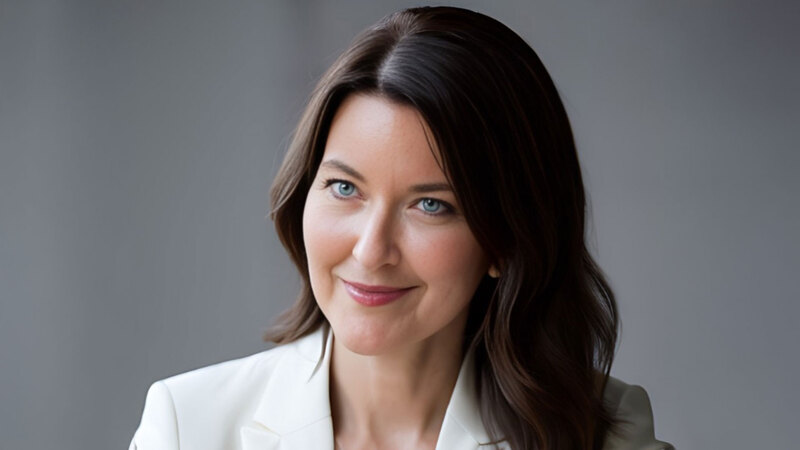You are viewing your 1 free article this month. Login to read more articles.
Manchester University Press boss Ross unveils strategic revamp of the business
It is a time for huge strategic changes at Manchester University Press (MUP). Not necessarily in what it commissions—though there is a bit of that—but a pivoting in the way it delivers its books and journals to customers. A key component is manchesterhive, its bespoke digital platform which launched this year. The platform currently has subject portals live across 12 disciplines, with more scheduled to launch in 2020. A more nitty-gritty, back-end development is the brand new physical and digital distribution deals with Ingram and Bloomsbury, which MUP hopes will expand its footprint in the US.
Then there is a ramping-up of the MUP trade list. The press has long had a reasonable number of crossover titles, but its official trade list will launch in 2020, and will comprise around 30% of its output going forward. One of the lead titles in the 2020 trade list perhaps gives an inkling of the publisher’s intent. Love is the Drug by ethicists Brian D Earp and Julian Savulescu tackles zeitgeisty issues: Big Pharma, the prescribing of what were formerly recreational drugs for mental health uses, a future where even our emotions might be controlled by medication. It will be released in February, with a big “anti-Valentine’s Day” marketing push.
The digital platform launch was about “taking back control of our content”, says MUP’s c.e.o. Simon Ross. He explains: “It’s about improving the online presentation and consistency, and having one ‘home’ for all of our output. The benefits have been huge—improved relationships with customers and users, higher usage, rapid digital product development, overall increased visibility/brand identity—and we have recently been shortlisted for a Best Publisher UX award, up against some very big publishers. But I guess the main challenge is running a digital business along- side the print business. Print is proving highly resilient, and it’s not going away any time soon.”
Man U mission
In a broader sense, MUP’s strategic shifts reflect a changing in university presses’ relationship with its customer base. He says: “In our case [the customer relationship] has absolutely changed: we have taken back control of our digital business in order to be closer to our customers, to understand, and therefore, serve them better. University presses across the board have always valued their authors, and their authors are also book buyers, book adopters and promoters, but we need to communicate with them appropriately in each of these roles. Presses have upped their games in how they view, value and communicate with their customers and users, whoever they may be.”
This shift does not deter from the press’ main mission of being a disseminator of research and information. MUP has one of the UK’s biggest Open Access programmes, and it remains the core of what it does: “University presses only exist because of our home institutions. Their aims and their challenges are often the same as ours. Although they may play out differently, we ensure that we are aligned with them, in our case, the University of Manchester. So we remain vital to the university and are able to respond to issues, such as OA, where we work closely with the university library and faculties.
“How we make this all work financially requires us to be successful in other areas, but it’s always driven by our purpose, in the sharing of ideas. Here access is critical; OA, and digital, is part of that, but so is reaching an informed non-scholarly audience, making important work accessible to a lay reader through our re-energised trade presence.”














